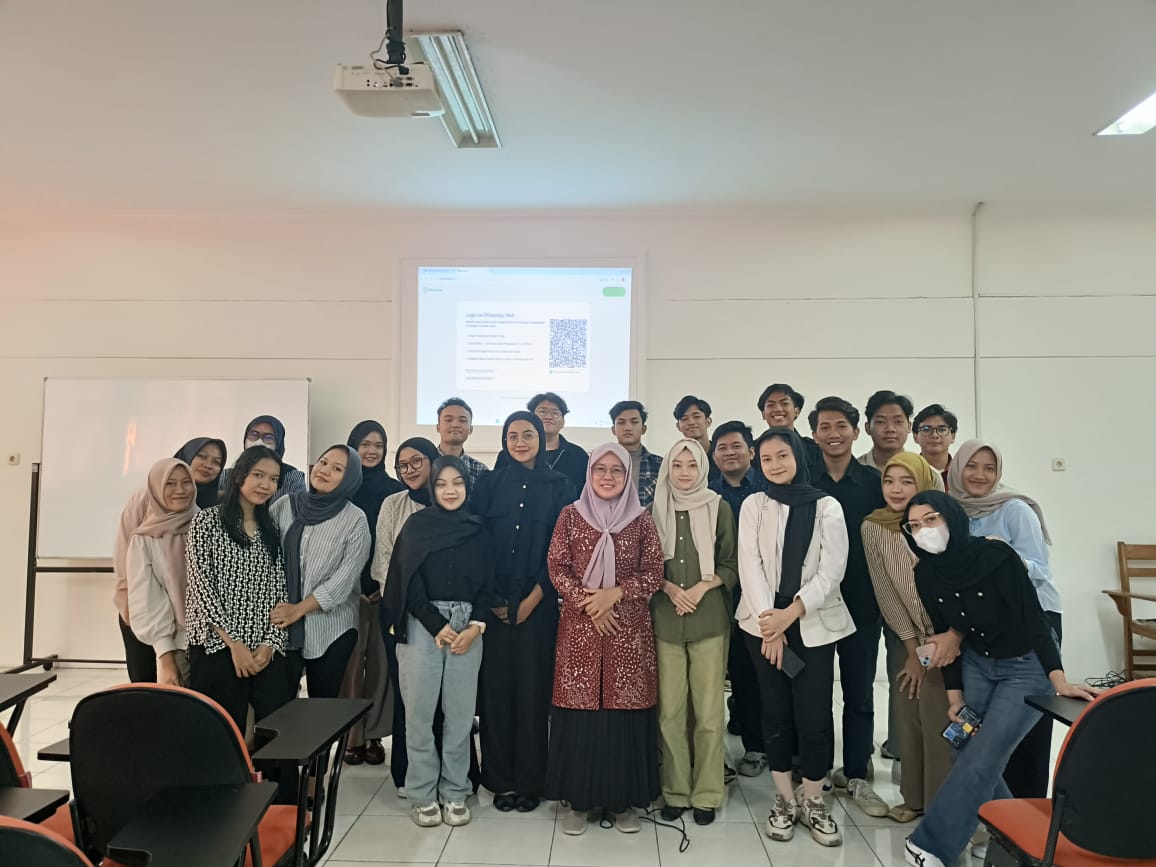Semarang, November 13, 2024 – Undergraduate students of the Public Administration Program at the Faculty of Social and Political Sciences (FISIP), Diponegoro University (Undip), had the opportunity to attend a guest lecture themed “Conflict Management and Gender Policy” presented by Dr. Hj. Siti Malaiha Dewi, M.Si., CiQaR, Dean of the Faculty of Islamic Propagation and Communication (FDKI) at the State Islamic Institute (IAIN) Kudus.
This lecture, part of the Conflict Management course, explored strategic issues related to gender in the context of conflict management. Dr. Siti emphasized that gender is not merely about biological differences but a social construct shaping the roles, responsibilities, and behaviors of men and women in society. She highlighted how social norms often create gender inequality, which can lead to conflicts in various sectors, including workplaces and government institutions.
The Importance of Gender-Sensitive Policies
Dr. Siti underlined the necessity of gender-sensitive policies to achieve fairness and inclusion in society. She emphasized the critical role of women in decision-making processes as a means to reduce social disparities and resolve gender-based conflicts. “Gender equality is a strategic step in creating a fairer and more harmonious environment,” Dr. Siti explained.
Understanding Forms of Gender Discrimination
Dr. Siti also elaborated on various forms of gender discrimination still prevalent today, including:
- Marginalization – Limiting women’s access to economic resources, often resulting in poverty.
- Subordination – Placing women in inferior positions compared to men in various settings.
- Stereotyping – Negative labeling that restricts women’s potential, such as the notion that women are better suited for domestic roles.
- Excessive Workload – The double burden faced by women who manage careers and household responsibilities without equitable task distribution.
- Violence – Aggressive actions, both physical and verbal, that women often experience.
Through her analysis, Dr. Siti emphasized that understanding gender issues and implementing supportive policies are key to addressing these inequalities.
Student Responses and Future Expectations
The guest lecture received an enthusiastic response from FISIP Undip students. They recognized the importance of incorporating gender perspectives into public policy and conflict management, particularly to minimize inequalities that can spark conflicts.
“This lecture helped me understand how gender discrimination occurs and how we, as the younger generation, can play a role in fostering gender equity in society,” said one of the student participants.
It is hoped that the knowledge gained from this lecture will inspire students to contribute to creating a gender-inclusive environment that promotes shared well-being.




